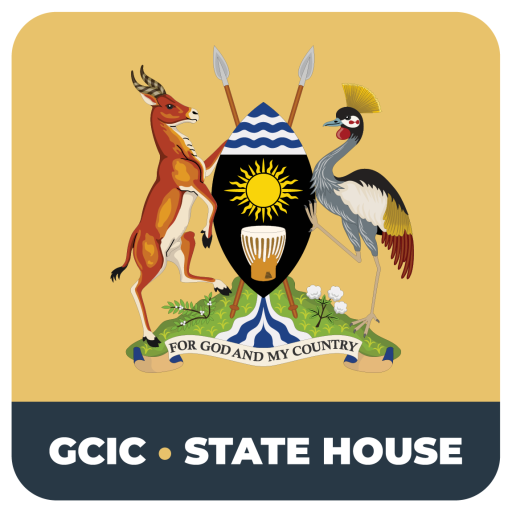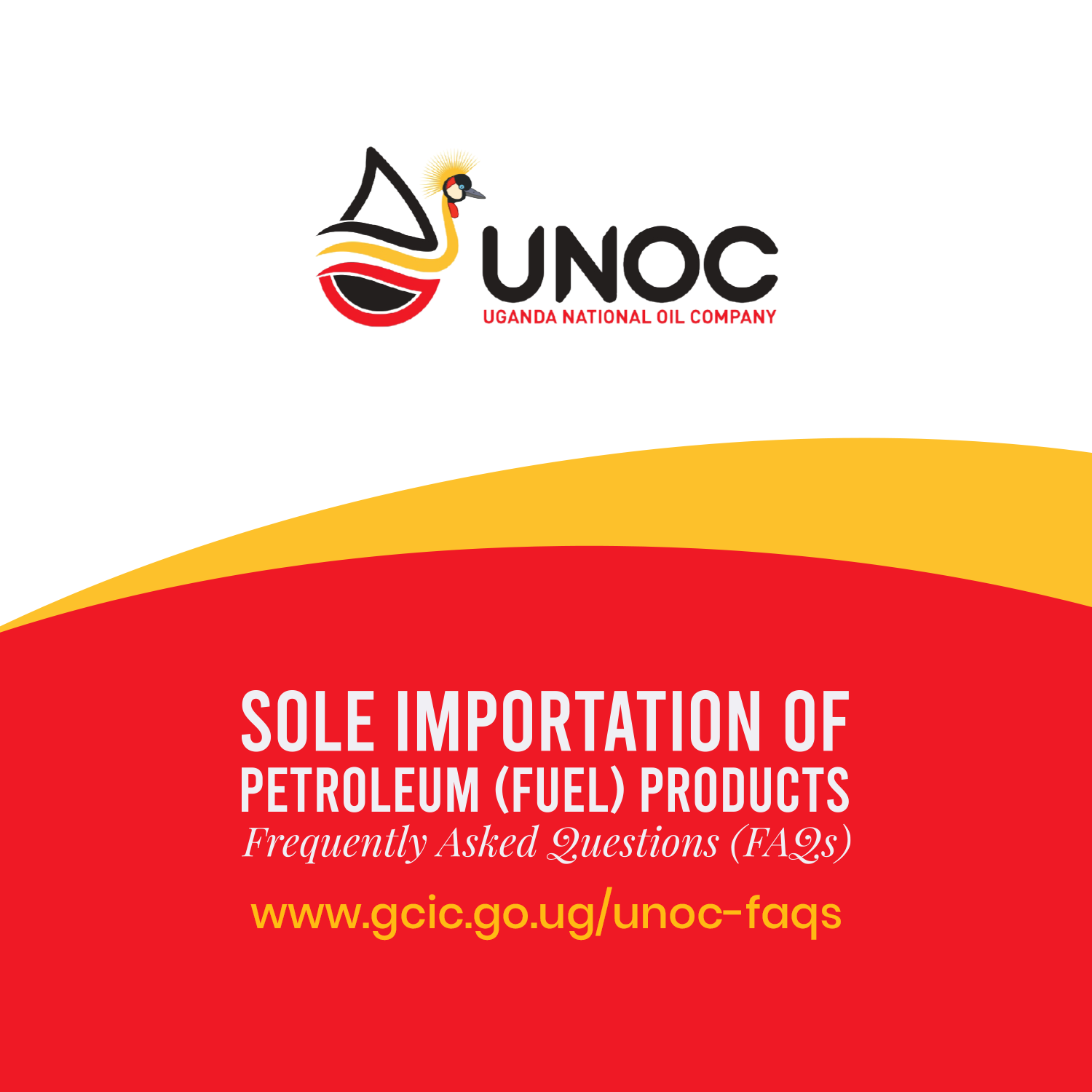An information gap can be referred to as the difference between the information that is available and the information that is needed or desired by individuals, groups, or organisations. Information gaps can arise in different contexts, including situations where information is not effectively conveyed or received, knowledge and expertise are lacking, access to information is restricted or unequal, and technological disparities exist, including limited access to technology or inadequate digital literacy skills, ultimately hindering the effective conveyance, reception, and utilization of information.
In today’s digital era, access to information is essential for informed decision-making, democratic participation, and holding governments accountable. Despite significant efforts in poverty alleviation, infrastructure development, healthcare, and job creation, many citizens remain unaware of these developments, exacerbating social challenges, especially in areas lacking safety nets. Economic inequality and population growth further complicate matters, contributing to confusion, mistrust, and the spread of misinformation and disinformation.
Good governance is pivotal in fostering societal cohesion, ensuring fairness, equality, and protection for all citizens, particularly those from diverse backgrounds. This involves managing the economy responsibly to promote growth and sustainable resource use, facilitating community development.
Building a more informed society entails enhancing government accountability through transparent processes and open data initiatives, crucial for fostering trust and civic engagement. Local initiatives that bring together diverse community members to discuss issues and exchange information are also vital for bolstering social cohesion and mutual understanding at grassroots levels.
While social media improves information accessibility, concerns persist over its role in disseminating misinformation about government initiatives. Closing this information gap is crucial as citizens require accurate and timely information to make informed decisions affecting their lives and communities. Access to information promotes transparency, accountability, and effective governance. Informed citizens are more likely to engage in public discourse, participate in democratic processes, and influence policymaking. Effective communication builds trust between citizens and governments, encouraging shared responsibility and improving government services based on citizen feedback.
To bridge this gap, governments can employ several strategies. They should leverage digital platforms like social media to communicate effectively and encourage citizen engagement. Simplifying information through clear language and visuals such as infographics enhances public understanding of policies and programs. Prioritising transparency and accountability within government institutions is essential. Facilitating citizen participation through feedback mechanisms and opportunities for involvement in policymaking fosters inclusive governance. Public education initiatives can educate citizens about their rights, government initiatives, and available services, narrowing the information gap.
I would like to commend the Government of Uganda for it has established Ministries and departments to bridge the information gap between government and the citizens, including the Government Citizen Interaction Centre (GCIC), NITA-U, the Ministry of Information, Communication and Technology (MOICT) and National Guidance, National Library of Uganda, Ministry of Local Government, Uganda Broadcasting Corporation (UBC) and the Uganda Media Centre. These entities aim to provide timely, cost-effective, and data-driven communication between the government and citizens through various channels.
Addressing these challenges goes beyond technological advancements; it is integral to upholding democratic principles in the digital age. By addressing access disparities, promoting digital literacy, supporting quality journalism, and fostering community engagement, societies empower citizens to participate actively and responsibly in shaping their futures. A more informed and engaged citizenry is crucial not only for democracy but also for fostering a just and equitable world.





